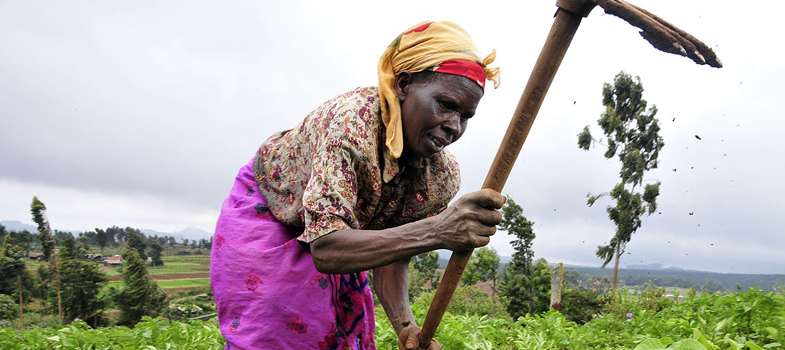2.3.5 The role of government
The relationship between co-operative unions and federations and governments can be very important for co-operatives governance, independence of action and ability to innovate and meet new demands and market challenges. The history of state control in many developing and transitional countries has often undermined co-operative principles and the ability to create viable independent businesses.
Resilience is not about divorcing co-operatives from government but rather for government to create a ‘conducive environment’ (Münkner, 2012) for co-operative activity. A conducive environment includes (ibid, p. 44):
- An economic, political and legal system, which recognises co-operatives as autonomous private member-owned forms of business.
- A co-operative development policy, drawn up in the spirit of UN Guidelines ILO recommendations for co-operatives (2001 and 2002 respectively).
- Infrastructure that can facilitate co-operative activities, from communications to logistics, information and extension services.
However, as noted by Borda-Rodriguez and Vicari (2013a, p. 37):
The relationship between governments and co-operatives is a dynamic process, highly dependent on the economic and political context, on the strength of the co-operative representative organisations and on the ability of membership to influence how networks function.
In the light of considering this framework for resilience, I want you now to carry out Activity 4 and spend a bit of time consolidating and reflecting on your understanding.
2.3.4 Innovation
